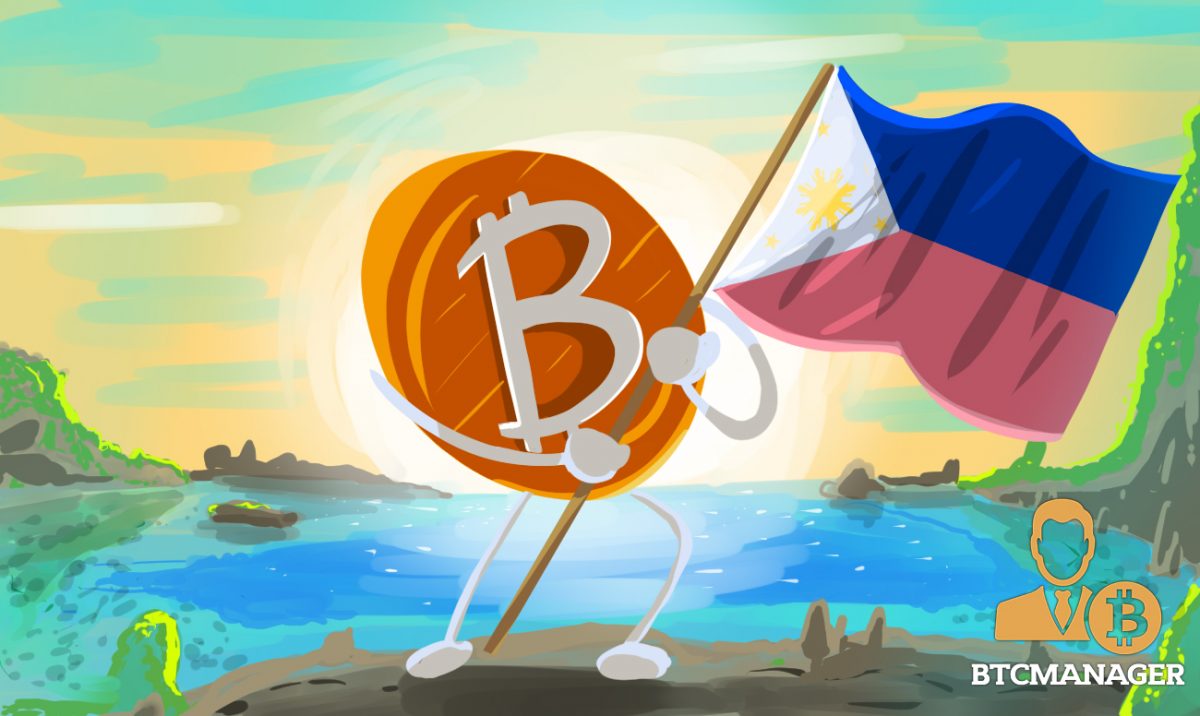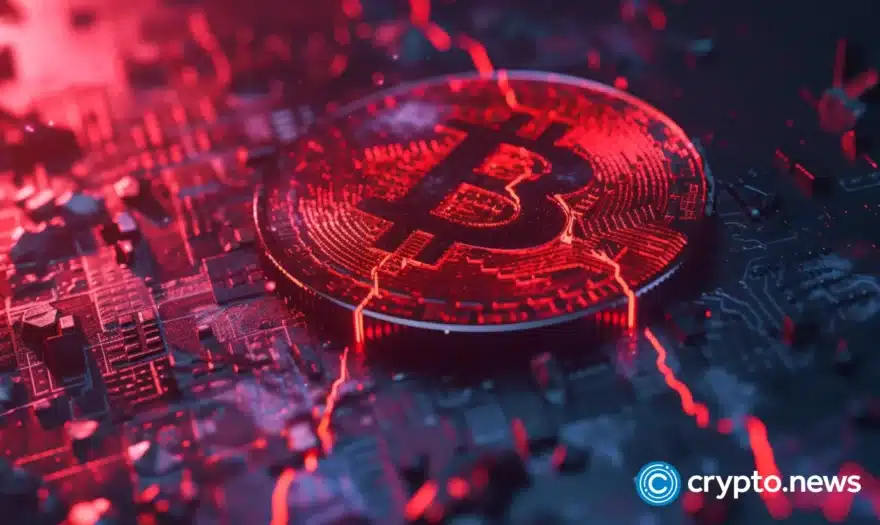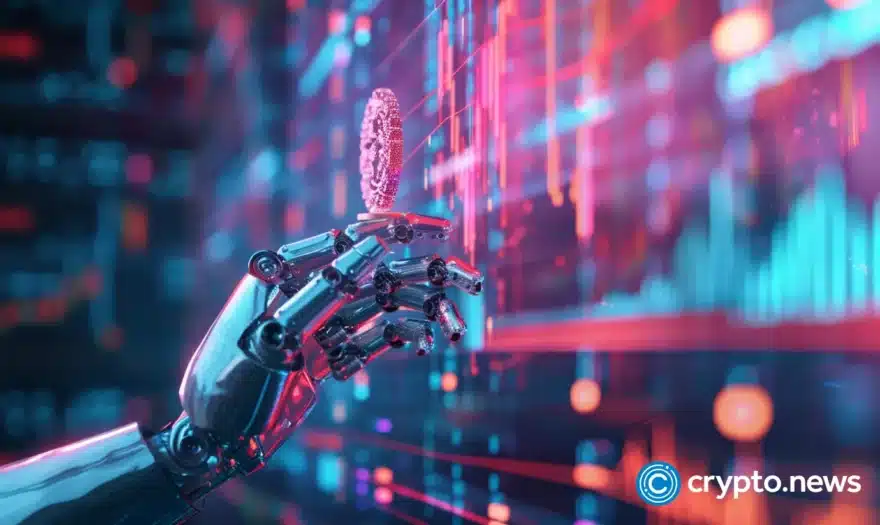The Philippines Moves To Legalize Cryptocurrencies as Securities

The Philippines Securities and Exchange Commission (PhSEC) and the Bangko Sentral ng Pilipinas (BSP) have been conducting conversations which may lead to the legalization of cryptocurrencies. Following similar moves towards legislation and regulation in the US, Malaysia, Hong Kong, and Thailand, the Philippines is now seeking to declare cryptocurrencies as securities and put them under the supervision of the PhSEC. All Initial Coin Offerings (ICOs) will be legally required to register with the PhSEC prior to operation.
In January 2017, the BSP issued Circular No. 944 which stated its position on cryptocurrencies:
“The Bangko Sentral does not intend to endorse any VC, such as bitcoin, as a currency since it is neither issued or guaranteed by a central bank nor backed by any commodity. Rather, the BSP aims to regulate VCs when used for delivery of financial services, particularly, for payments and remittances, which have material impact on anti-money laundering (AML) and combating the financing of terrorism (CFT), consumer protection and financial stability.”
The chief of the BSP, Nestor Espenilla Jr., made it clear during August 2017 that they were going to take a more aggressive stance toward requiring cryptocurrency exchanges to register with the BSP. This, he said, was due to the rapid increase of bitcoin/peso and peso/bitcoin exchanges in the Philippines. According to Espenilla, in August 2017, bitcoin exchanges in the Philippines were seeing six million pesos monthly volume as opposed to two million pesos monthly volume the previous year.
In November 2017, the BSP granted an Electronic Money Issuer (EMI) license to Coins.ph, a major Philippines bitcoin exchange. Other EMI license holders include 28 Philippine banks, two non-bank financial institutions (NBFIs), and a few others including Alipay Philippines, Inc., PayMaya Philippines, Inc, and G-XChange, a subsidiary of Globe Telecom Inc. The license will clear the path for the bitcoin exchange to expand its services within the financial realm.
Shortly after the conclusion of the 2017 ASEAN Summit, held in Manila, Philippines, which promised a new effort of collaboration between Southeast Asian leaders for business growth, resolving territorial disputes, and aligning goals for progressive and innovative advancement, an announcement on November 21 by Emilio Aquino, the PhSEC Commissioner, stated:
“The direction is for us to consider this so-called virtual currencies offerings as possible securities in which case we will apply the Securities Regulation Code.”
There are currently two cryptocurrency exchanges registered as virtual currency dealers with the BSP and several more are presently being reviewed for registration at the time of writing. Six other companies dealing in virtual currency are registered as remittance issuers and limited to money services to address remittances from OFWs (overseas Filipino workers). Espenilla explained that the BSP wants to take an open minded approach toward fintech and is crafting regulation to ensure that BSP policies provide plenty of room for innovation.
Of course, the legalization and regulation of ICOs and cryptocurrencies by the BSP and the PhSEC will also provide new avenues of revenue for the government from registration fees, annual fees, and whatever other fees may be implemented, and this is probably the biggest motivation behind regulation, not only in the Philippines, but in every country that seeks to regulate cryptocurrencies. Regulation, although a controversial issue with many users standing for and also against it, can provide a useful service by filtering out the obvious scams and less reputable projects that lack real substance but seek to solicit funding through ICOs.
We have recently seen so many projects go south in the cryptocurrency space and take a turn for the worse including the Tezos controversy, the Tether theft, the Ethereum Parity bug, the Bithumb lawsuit, and others. It might be time to admit that self-regulation has been, for the most part, a failure. Whether that justifies government regulation is another question in itself. If the integrity of human nature is not keeping up with the advancement of technologies that seek to offer greater freedom and independence to humans, it must be acknowledged that government is composed of humans and also subject to the fallacies of human nature and corruption. In the Philippines and many other countries, government corruption and stagnation of progress due to infighting eerily mirrors the same human flaws preventing progress in the crypto space.
Real disruptive technology with the aim of improving the human condition might actually require an internal revolution of character for all the human players involved to see it through. As 2017 comes to a close, an important consideration for crypto-lovers might be to make an aggressive effort to help each other up, as opposed to dragging each other down. If we all made as much of an effort to improve our own characters as we did to assassinate others’ characters, our progress might not call for regulation by outsiders. A question to be asked “Will more freedom or less freedom lead to an improvement in the human condition?”
If the answer is more freedom, then greater integrity is surely a requirement that must accompany that freedom.











